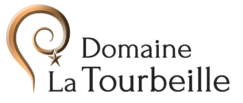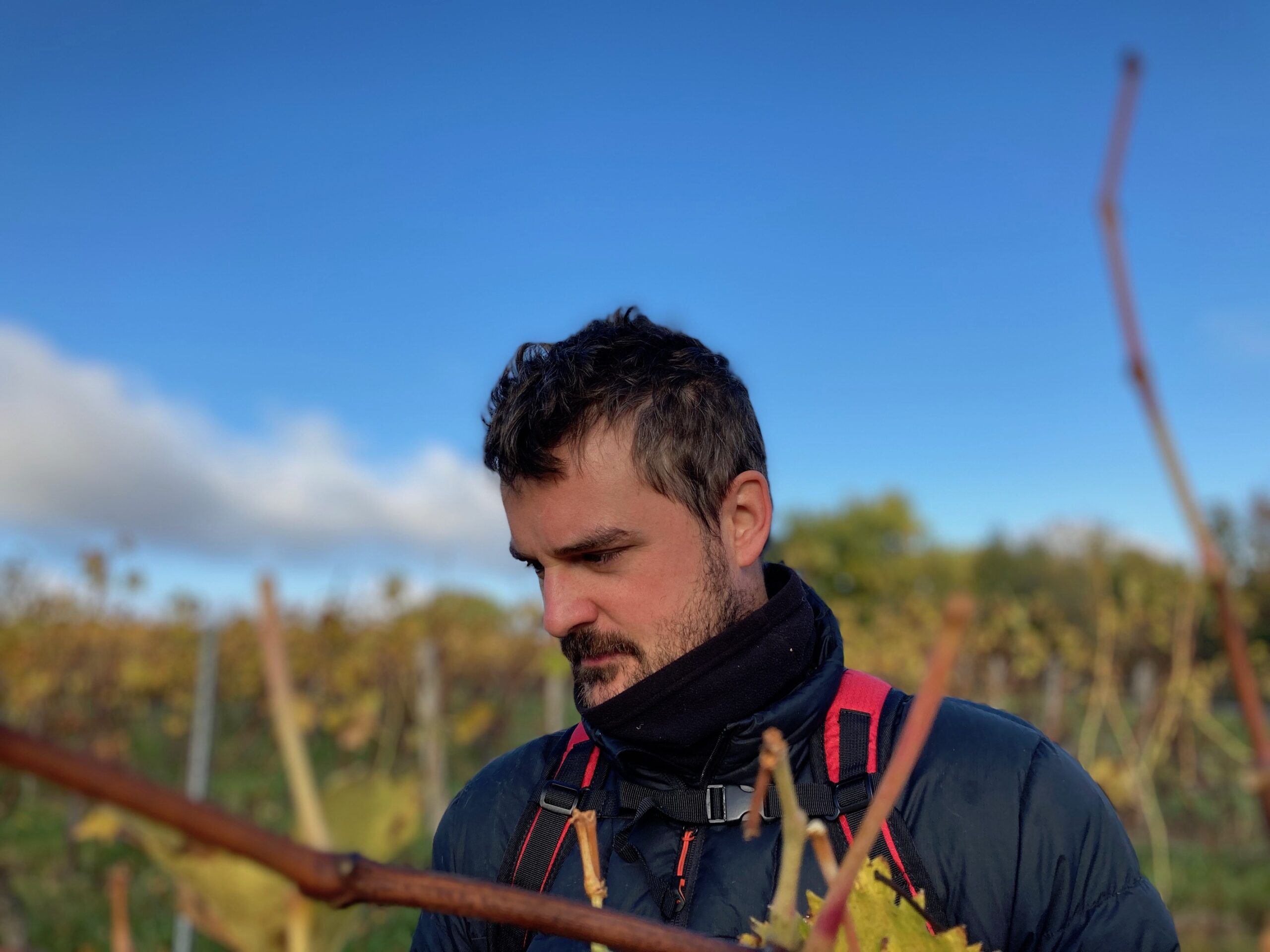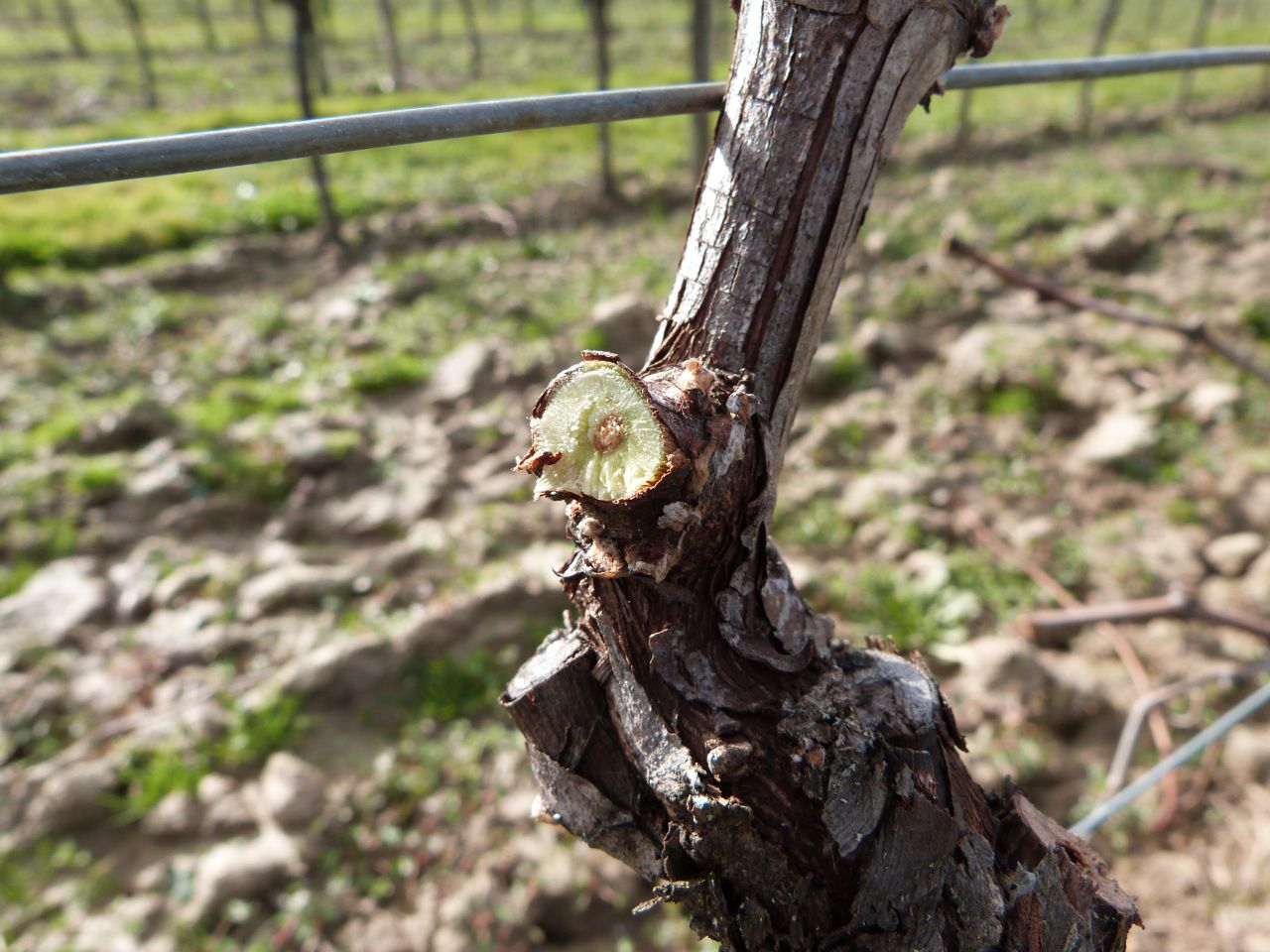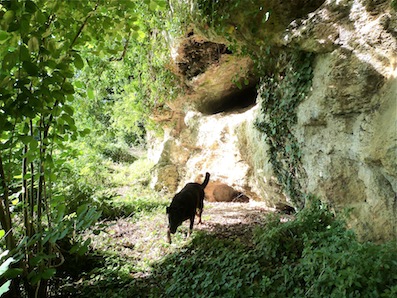We were in the Bibliothèque, my mother in law and I, cleaning the chandelier. A delicate task L. trusted to no one since it involved taking apart scores of pieces of crystal, cleaning each jewel with cotton batting and alcohol, then putting the puzzle back together again while balancing at the top of a ladder.
From the ceiling I had an eagle’s view of the mahogany cabinets, laden with meticulous stacks of antique green file boxes. L. was very proud of her library; it had become the central repository for family archives as her peers left the earth and left their papers to her. A few documents dated back to 1830; there seemed to be a preponderance of deeds, wills and death certificates in those oldest boxes. She hinted about ancient feuds, jealousy and inheritance, and once warned me there were secrets there that perhaps I shouldn’t disturb. I would learn more about that another day by dredging through microfiches in the old Paris archives.
L. herself was a living storehouse of clan history, but claimed she was too busy to write things down. Still, she was sympathetic to my obsession about family stories. She knew I was never without the little notepad given to me by an anthropologist friend inscribed, “field notes!” It wasn’t hard to convince her that oral histories, handed down over generations are the equivalent of crown jewels; the spinal column of identity for a nation, a tribe, a family. The tough part was getting her to stop moving long enough to transmit. Eventually I learned the only way to coax out the stories was to work with her. Pruning roses, arranging bouquets, hanging laundry… (Menu making and cooking were far too serious activities to be accompanied by talk.)
While we handed crystal prisms back and forth that day, the subject was times of war. She gestured out the window to the centurion line of linden trees, describing how the family silver had been wrapped in Gobelin tapestries and hidden in the squirrel holes of the trunks during WWII.
 The lindens overlook the Dordogne, which was supposed to have been something of a demarcation line. But although the Germans took control, the villagers managed to keep a few secrets. L. remembered the young woman, a maid from a house across the river, who had been hidden in this house, in an attic. This would have been her uncle’s doing; he was a soldier in WWI. Her mother E. once told her that this property was so far from anything of importance, it had served as a sort of secret refugee camp.
The lindens overlook the Dordogne, which was supposed to have been something of a demarcation line. But although the Germans took control, the villagers managed to keep a few secrets. L. remembered the young woman, a maid from a house across the river, who had been hidden in this house, in an attic. This would have been her uncle’s doing; he was a soldier in WWI. Her mother E. once told her that this property was so far from anything of importance, it had served as a sort of secret refugee camp.
I was dallying over the last prism, afraid she’d stop before finishing the story, when true to character she broke off and announced it was time for bouquet-making. She must have seen my paralysis and taken pity, for she sighed in her gracefully impatient way and turned to the cabinets. Perhaps it was my reward for not breaking anything; she pulled out a sheaf of papers torn from her mother’s war time journal. Yellowed paper. Clear handwriting, but an urgency that rises from between the lines. When I began to buzz L. with questions she raised her hand like a crossing guard; she filled in enough background information to get me started and then set off to her rose garden.
And so here is a snippet of a diary from France in WWII, when this domain became a safe house. As it begins, L’s mother is in her chateau, La Marche, near La Charité sur Loire, about 100 miles south of Paris. Her two daughters are in the US at university, her two sons are in school in France. She does not know the location of her husband, H.
E.’s Journal
June 11th, 1940 7pm La Marche
The Radio announces general cancellation for Paris and its vicinity of Baccalaureat examinations. Students of military age are requested to leave Paris at once. All night I wait for J. (her son) who was provided with a motorcycle and fair supply of gas.
June 12th 11am
Desperate about J., I motor to Paris accompanied – for moral support – by two Jewish Refugees, Madame et Monsieur F. the latter amputated of the right arm during World War I.
June 12th 2pm Paris
At our apartment (in Paris) the janitress tells me J. is upstairs having just arrived from his school near Versailles, with one of his friends. On their faces I detect a smile of relief at my appearance: the trains are running no more, no bicycles or motorcycles to be found, and they only have two motorcycles to share between five boys now arriving. J. dashes off to the school with my car, and returns with three boys, the fourth will follow later on his motorcycle, and promises to join us at La Marche.
5pm The Road South Out of Paris
The protecting mattress on the roof of the car, we start off. (Mattresses or rolled up carpets were used as protection from aerial machine gun fire.) Three boys in back, the refugees and myself in front, and J. on his motorcycle.
7pm
Near Melun, we run into a bottleneck. Trucks loaded with weary, unshaven soldiers, staff cars parked with silent officers, ambulances, chic Parisians in smart sports cars with their dogs “de luxe,” farmers in their old Fords with their load of hens and rabbits. In one hour’s time we cover 9 feet. J., who can slip his way between the cars tells me the bridge is not blown up, it is a traffic mix up. I tell him not to wait for us but to go ahead and reassure the folks at home that we are “safe on our way.” German planes circle low over head – no bombs.
9 pm
A steady but well ordered traffic heading south. This leaves my side of the road clear and I can make good pace. As near south as Montargis, all bridges are mined, ready to be blown up.
At Fontainebleau, artillery is in position, carefully camouflaged – looks like the real thing, not just camp training.
At Melun, stone walls are built across the road (a diagram drawn here) and we have to snake our way through.
Midnight La Marche
In spite of the black out and drenching storm, J. was able to reach La Marche two hours ahead ofus.
Friday June 15th 7 am
Clearly our best course is to drive down to my brother P.’s house in the south-west. It is distressing not to know where H. is, but it’s too dangerous to wait here. The boys (her two sons) and I set off at 7am, leaving a car for the other members of the household.
(Notes from L.: It was becoming obvious that the region around La Marche, on the Loire River near Nevers, would fall to the Germans. E’s husband H. was a chemical engineer who owned a factory in the US that was part of the allied war effort; thus the danger for his family in remaining in his home. E. and her sons took what they could (small and valuable) from their house. The “members of the household” left behind was the staff: housekeeper, cook, maid, gardener, chauffeur. Out of concern for their well being, E. made provisions for them before she left. )
June 15th 7pm Arrival at La Tourbeille
We arrive tired but grateful to find that, in spite of many refugees in my brother’s house, there is still room for us. He is careful not to speak of the Resistance, except to let me know that our nephew appears to be alive.
Saturday June 16th 12 noon
The other boys, with maid, Nannie, (their English governess) janitress’ children… arrive at last. One boy, on J.’s motorcyle is missing, lost in the crowd.
Sunday June 17th 3 pm
I am outside, making up mattresses, stuffing hay into burlap flour sacs. The arrivals continue; the weather is warm, we will house them in the old chai. Suddenly I see beyond the fields – a taxi. A taxi arriving in this far away country place. Only H. could manage a thing like that. And effectivement, the taxi had driven him all the way from Bordeaux.
July 15th
The house, stables and annex buildings are full. Fortunately the Dureze (local stream) is running fine and we have plenty of fish. P. spends most of his time up at the vineyard while I manage the household. Everyone is anxious for information about family in distant parts. We are glued to the radio each night. H. is mad as can be, thinking about the Germans in our house.
As of August, the journal describes the travails of the family as they make plans to get out of the France; they realize they will not be safe, even in the south. For over 2 months E. travels to American Consulates in Vichy, Lyon and Marseille to recover her lost visa to the US. One son leaves for university in Boston, the younger son remains with E. She alights in Cannes (at her sister’s house) while waiting for her visa.
Meanwhile, H. travels north to their chateau in the Loire, and goes missing.
September 15th
H. is safe. A strange wire from him, he is on his way to Cannes, after six long, anxious, tormenting weeks of silence.
September 30th
H. returns. He has come from an unknown town in the Cher. He appears to have left car and clothing behind.
These two entries about H.’s six week disappearance, flash like strobe lights. I try to bribe L. to explain. We could brush the dogs, we could mend all the pillow cases, we could hem curtains… But she is set on menu making now and I am forced to wait. She promises to tell me her father’s story soon.
From here, the journal describes how E and H. escape from France with their younger son, who is weak and ill for most of the four-month voyage. They sail from Marseille to Rabat, Morocco because the Spanish border in the north is closed. From Casablanca they cross at Gibraltar and enter Spain from the south. Heading north by train she notes: At first, a beautiful country, growing sadder and more disturbing as we approach Madrid;” “Madrid is miserably poor, sad and still demolished. Bullet holes from the revolutionary battles on restaurant walls…” At the Spanish port of Vigo their passports are confiscated, they are undressed and examined. When they finally board the Spanish ship they are informed they are not sailing for Cuba after all, but for Lisbon. In Lisbon she notes “a lively city preparing for Christmas festivities – There still can be a Christmas, how strange!” During the ocean crossing the danger of submarines is everyone’s greatest fear. At one point they are boarded by officers from a British Battleship, while the Spaniards whisper: “The British Navy is no more.”
Then the journal stops. In mid sentence. Papers torn away… It’s like a bereavement, this story gone cold.
All I know is that E. did not return to France until the war was over.
* * *
After L. passed away last year, the man and his sister C. spent a week organizing the family archives; they’d grown wild and disordered during L.’s last years. We sat on the floor amidst towering piles of photos and letters. The most ordinary piece of paper might provoke a sigh, a shout or tears. Each night C. recounted another story she had heard from her mother or grandmother, inspired by a shred she found in the library.
I’m counting back now: If my maths are right, when you’re with someone who is 80 or 90 years old, it’s likely their grandparents were born around the 1880’s. And if they spent much time with them, it means these people in front of you are still imbued with the customs, values, attitudes, learning and beliefs of people who lived 130 years ago. And those grandparents conveyed values from another 130 years prior. I pause around 1750.
It’s like walking across a human bridge to another time, this passing along of “culture” and all that culture implies. C. calls this “la transmission.” I must give her a note pad soon, she knows a lot of stories.




